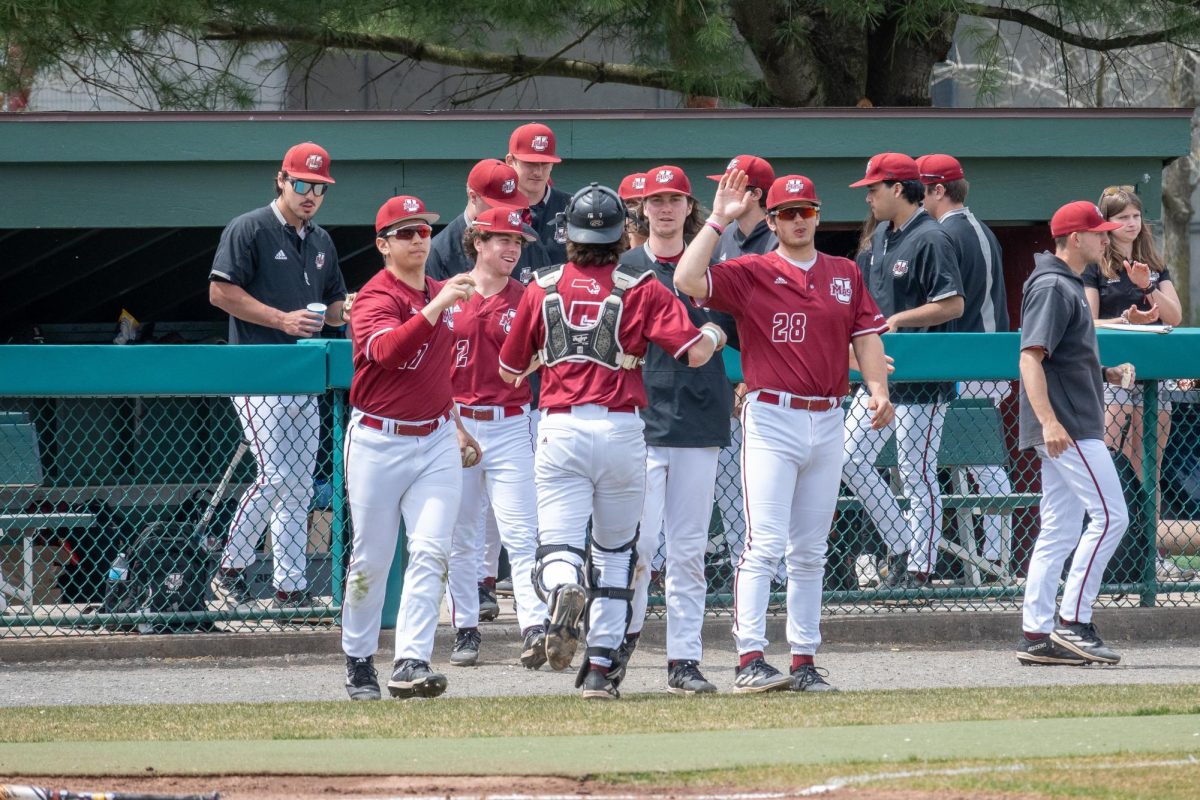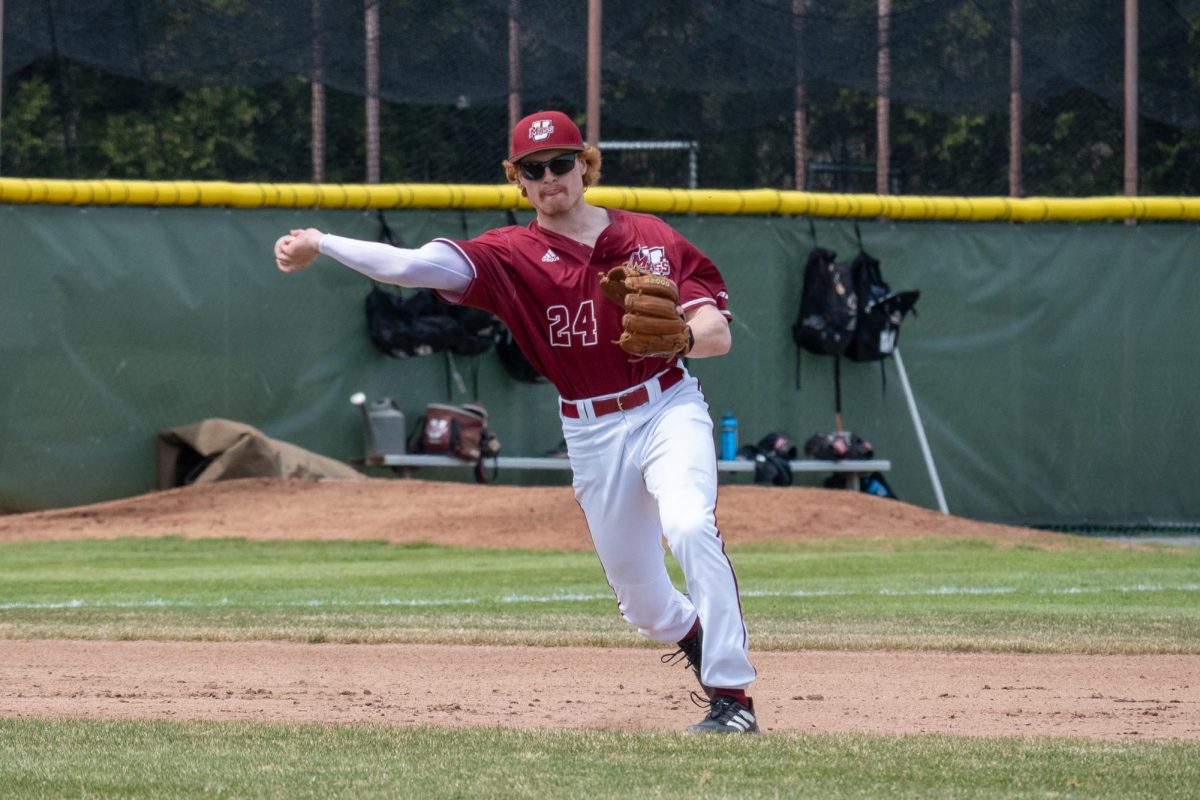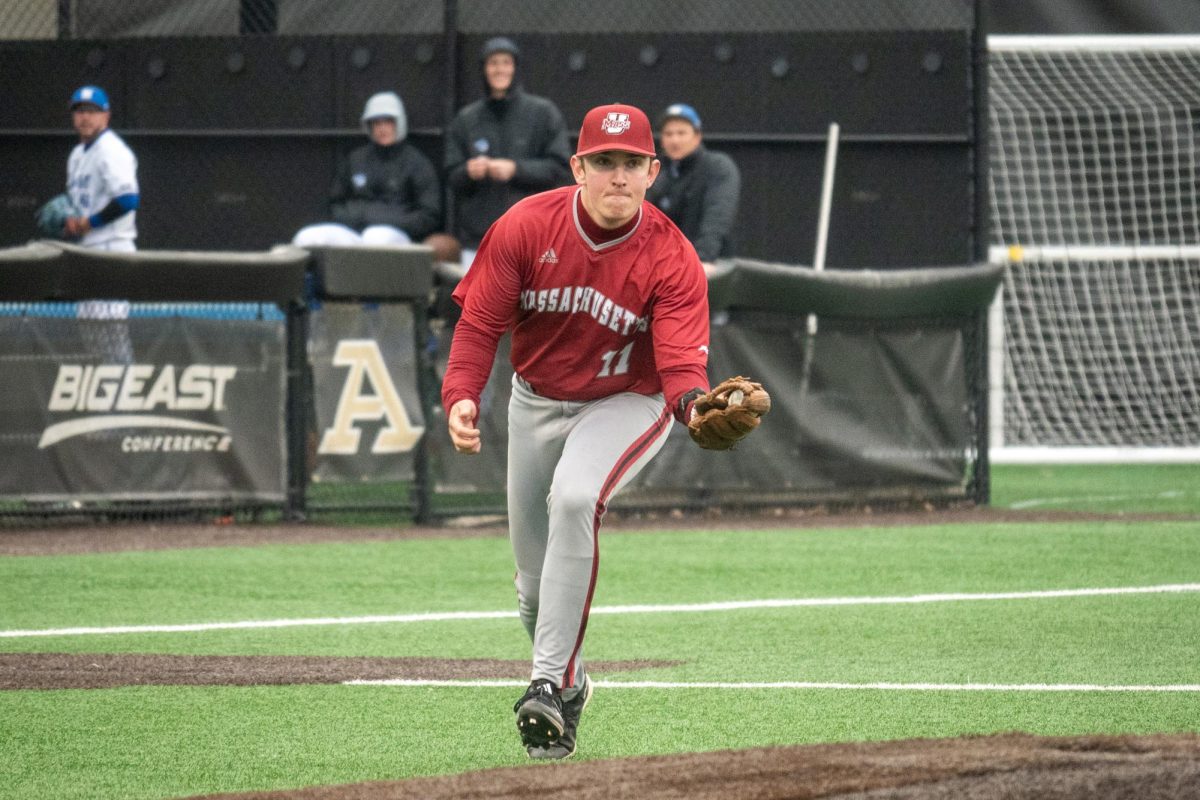Dear Chancellor Javier Reyes,
We are writing as History Department faculty, graduate students and staff to condemn the brutal police action you authorized against peacefully protesting University of Massachusetts faculty, students, staff and alumni on May 7 and 8. We urge you to:
- Cease and desist from calling law enforcement on any future peaceful protests.
- Call on the district attorney to drop all criminal and civil charges against the arrested protesters.
- Drop all student conduct charges against student protesters from this protest and the October 2023 protest.
- Drop all disciplinary charges and procedures against faculty and staff from this protest and the October 2023 protest.
Over 130 people were arrested, including three history professors, at least two history graduate students and a history alum. While the University claims the arrests are about the violation of the Land-Use Policy and had a designated non-arrest zone, the police later threatened to arrest anyone in the vicinity. Thus, it became impossible to peacefully protest without risking arrest. These arrests included tossing and tackling students, kneeling on their backs and using tasers. At least one student spent the night in the emergency room after their leg was broken. Additionally, the police arrested people clearly marked as medics and press, and then held protesters for hours while handcuffed with zip ties. We are horrified at seeing our students being chased and tackled by police on our own campus lawns.
These peaceful protesters had several demands, including disclosure and divestment by UMass from companies that are profiting from the conflict in Gaza and Israel’s occupation of Palestine, and dropping all criminal, civil and conduct charges against students. While there can be legitimate differences of opinion about how to approach these demands or the larger Palestine-Israel conflict, UMass faculty, students and staff have a constitutional right under the First Amendment to peacefully assemble and assert their viewpoints.
There is a long history of student activism on campuses — including at UMass. For example, the Office of the President’s website writes proudly of UMass’s status as “one of the first universities to divest of holdings in apartheid South Africa” in the late 1970s, a divestment prompted by many student protests, rallies, teach-ins and sit-ins.
As recently pointed out by the American Historical Association, history shows us “that the use of force to suppress peaceful public protest at institutions of higher education endangers students, faculty and staff…. [and] escalates tensions rather than leading to constructive resolution of disputes.” The use of force in response to peaceful protests, even those containing messages we might disagree with, is counter to the free speech and academic freedom protected by the First Amendment which is necessary to a functioning democracy.
By authorizing police action against peaceful protesters, you have not only broken past precedent, as illustrated below, but also broken any sense of trust, safety and community UMass claims it wants to build on this campus. And despite claims that the actions of prior chancellors are irrelevant to how the current administration responds to protests, as historians, we know that the past matters both for community expectations and culture.
- In 2023, students were allowed to construct an encampment on the University lawn to peacefully protest the housing crisis they face. UMass administration supported this effort.
- In 2016, students led an eight-day protest demanding that UMass divest from direct holdings in fossil fuel industries. UMass President Marty Meehan supported and congratulated the students for their protest movement, noting that “[i]mportant societal change often begins on college campuses and it often begins with students.”
- In 2011, “Occupy UMass” erected a tent city on the green outside of the library for over a week. Importantly, then Chancellor Robert Holub “said in an email to the Massachusetts Daily Collegian . . . that [the protesters] had asked him if they would be removed from the site through means of police brutality, to which he said they would ‘most assuredly not.’”
There is a better way to respond to student protests, as demonstrated by campuses around the country that resolved encampments without calling law enforcement, such as Brown University, Rutgers University, the University of Minnesota and Wesleyan University. We are outraged and deeply saddened that UMass administrators did not choose this path, and instead chose to call the police on non-violent protesters.
Therefore, we urge you to rethink your administration’s approach — respect peaceful protests, refrain from calling law enforcement and, most urgently, drop all criminal, civil and conduct charges against faculty, staff and students.
Sincerely,
Faculty and Staff
Christian Appy, Professor and Director of the Ellsberg Initiative for Peace and Democracy
Mohammad Ataie, Visiting Lecturer
Matthew Barlow, Visiting Online Faculty
Joyce A. Berkman, Professor Emerita
Anne F. Broadbridge, Professor and Chair
Brian D. Bunk, Senior Lecturer II
Richard Chu, Five College Professor of History
Sarah E. Cornell, Senior Lecturer
Patricia Ellsberg, peace activist
Jennifer Fronc, Professor
David Glassberg, Professor Emeritus
Emily Hamilton, Assistant Professor
Timothy C. Hart, Lecturer
Jennifer Heuer, Professor
John Higginson, Professor Emeritus
Elizabeth Jacob, Assistant Professor
Jess Johnson, Outreach and Community Engagement Director
Jason Moralee, Professor
Alice Nash, Associate Professor
Jennifer L. Nye, Senior Lecturer II
Stephen R. Platt, Professor
Samuel Redman, Professor
Sigrid Schmalzer, Professor
Heidi V. Scott, Associate Professor
Diana Sierra Becerra, Assistant Professor
Libby Sharrow, Associate Professor
Asheesh Kapur Siddique, Assistant Professor
Priyanka Srivastava, Associate Professor
Susan Ware, Senior Lecturer II
Mary Wilson, Professor Emerita
Joel Wolfe, Professor of History
Matthew Wormer, Assistant Professor
Kevin A. Young, Associate Professor
Graduate Students and Alumni
Madison Albano, MA candidate
Marwa Amer, PhD candidate
Erika Arthur, ‘12MA
Sheher Bano, PhD candidate
Marisa S. Budlong, ‘24MA
Justin Burch, PhD candidate
Jessica Antonia Casillas Scott, PhD candidate
Daniel Chard, ‘16PhD
Hee Yun Cheong, PhD candidate
Katlyn Durand, PhD candidate
Kimberly A. Enderle, PhD candidate
Kate Freedman, ’18PhD
Timothy Hastings, PhD candidate
Joanna Hejl, ’24MA
Clara Higgins, MA candidate
Ragini Jha, PhD candidate
Destiney Linker, ‘24PhD
Laura McCullagh, MA candidate
Jamie Mastrogiacomo, MA candidate
Shay Olmstead, ’24PhD
Gaye Ozpinar, PhD candidate
Elizabeth Pangburn, PhD candidate
María Portilla Moya, PhD candidate
Mark Roblee, ’19PhD
Alison Russell, PhD candidate
Casey Scarpati PhD candidate
Jaehee Seol, PhD candidate
Lauren Whitley-Haney, MA candidate
Emily Whitted, PhD candidate
Amelia Yeager, MA candidate
Other History Department members endorse this statement but wish to do so anonymously.



















